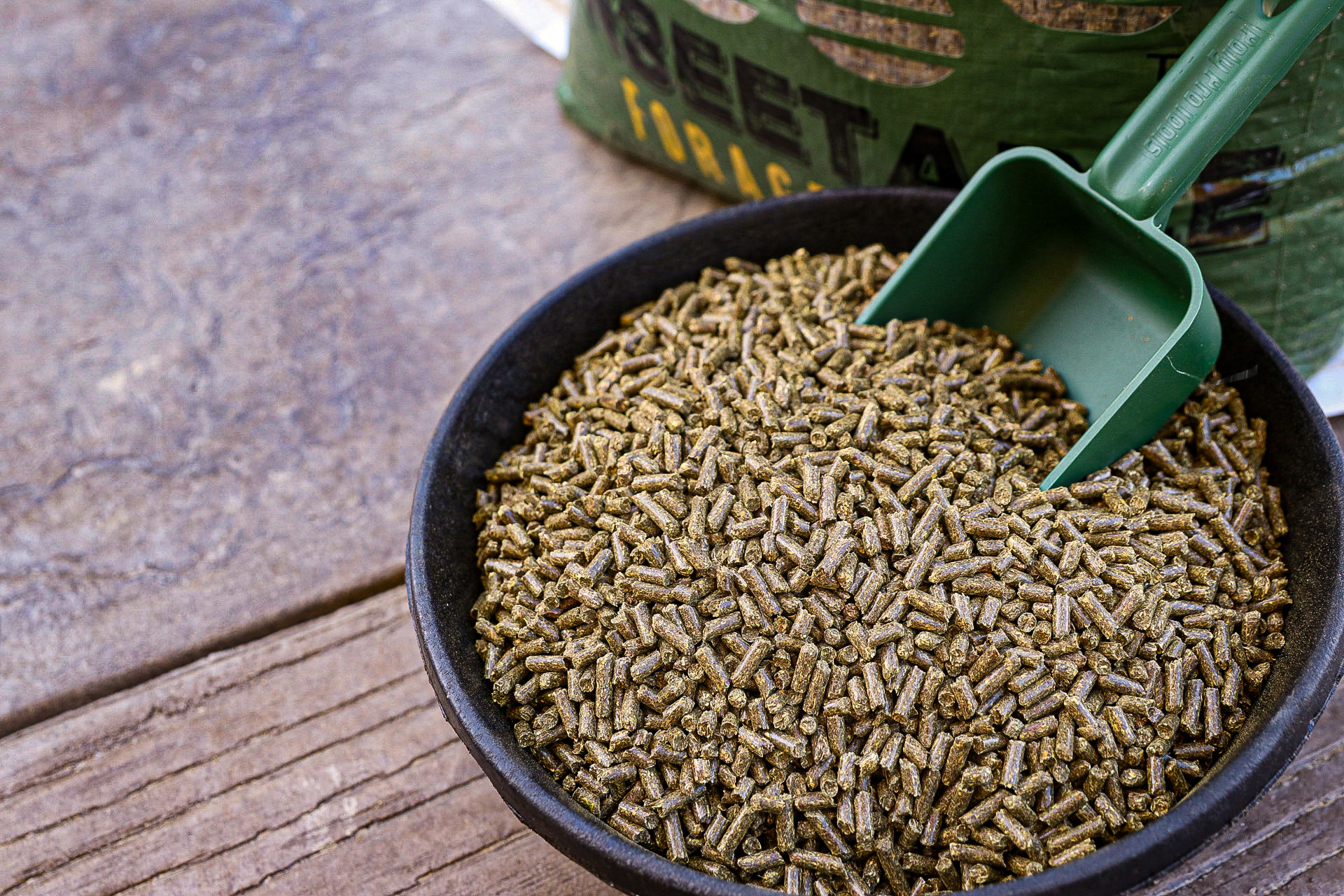
Written by: Madison Wyman | August 21, 2024
Recently, I had the opportunity to speak with American Feed Industry Association member Bryan Edwardson, president of Midwest Agri Commodities, on the nutritional benefits of using sugar beet coproducts in livestock feed. Midwest Agri, the sole owner of the Unbeetable Feeds brand, is
.jpg)
leveraging beet pulp and other coproducts to provide high-fiber, low-protein feed options, selling 1.7 million tons of coproducts per year.
As a newbie to the agriculture industry, I first wanted to understand: what are sugar beet coproducts and where do they come from?
Sugar beet coproducts are generated during the processing of sugar beets into sugar and offer valuable applications in animal feed and various industrial sectors. Each year, the U.S. produces around 30 to 35 million tons of sugar beets, which typically results in the production of approximately 1.2 million tons of beet pulp, serving as a nutritious, high-fiber feed for livestock, such as cattle, horses and sheep, available in both wet and dried forms.
Alongside beet pulp, approximately 1.5 million tons of beet molasses are generated each year, valued for its high energy content and palatability. Beet molasses is an excellent feed ingredient.
These coproducts play a crucial role across the animal feed and pet food industry, biofuel industry and chemical industry, enhancing resource efficiency and economic output beyond sugar production itself.

What are the benefits of feeding sugar beet coproducts to livestock?
When speaking to Edwardson, who has a lifelong background in agriculture, I learned that there are many nutritional benefits associated with using sugar beet coproducts. He noted that these products are highly digestible and promote better overall health in livestock.
For instance, research conducted indicates horses fed with beet pulp pellets experience reduced ulcers and colic, improved performance and enhanced health.
Why do manufacturers like using these ingredients?
Ultimately, it all comes back to sustainability, and Edwardson believes the sustainability footprint of sugar beet coproducts is “huge.” Edwardson stated:
“I mean, you're talking about a product that 50 years ago went in the trash. And now we are taking that and turning it into not only a product that animals can eat, but a high value-added product that's often fed locally.”
Unbeetable Feeds is one of many animal food companies that are transforming livestock nutrition to reap nutritional, cost and sustainability benefits by turning what was once waste into a valuable, locally sourced product. The animal food industry is really showing that there are possibilities for closing the food cycle and reducing waste in the system.
Comments See our policy on comments